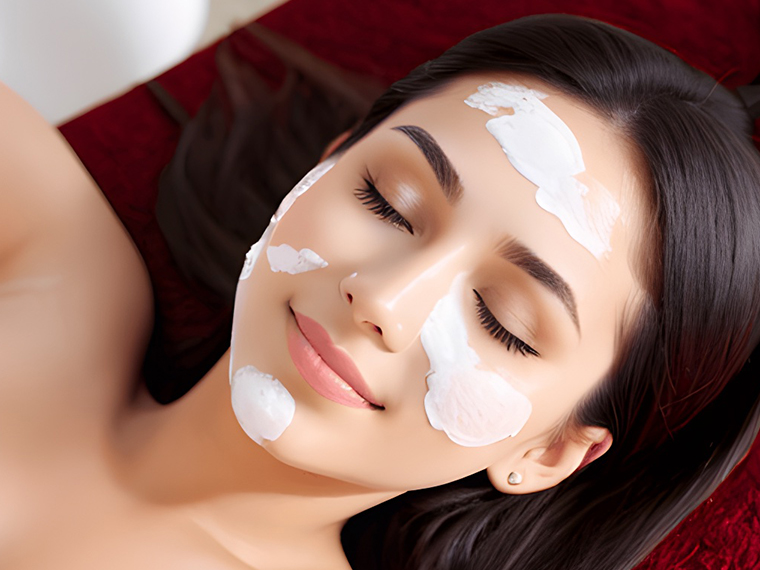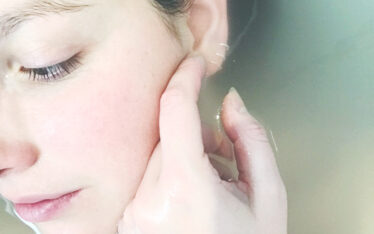Sunscreen is essential for protecting the skin from harmful UV rays, but there is much more to know about this important product. Here are the top 10 sunscreen facts everyone should know:
Broad Spectrum Protection:
Not all sunscreens are created equally. Look for one that offers “broad spectrum” protection, meaning it protects against both UVA and UVB rays. UVA rays can age the skin, while UVB rays can burn it.
SPF Rating:
SPF (Sun Protection Factor) measures how effectively a sunscreen protects against UVB rays. SPF 30, for example, filters out approximately 97% of UVB rays. Higher SPF provides more protection, but the difference becomes minimal past SPF 50.
Reapplication is Key:
Sunscreen should be reapplied every two hours or immediately after swimming, sweating, or towel drying. Even "water-resistant" sunscreens can lose their effectiveness over time.
Expiration Dates Matter:
Sunscreen can degrade over time. Always check the expiration date on the packaging, and dispose of sunscreen that has expired, as it may no longer be effective.
Right Amount:
Most people don't use enough sunscreen. For an adult, it typically takes about an ounce (a shot glass full) to cover all exposed skin.
All Skin Types Need Protection:
Even if you have darker skin, sunscreen is still necessary. Although darker skin may not burn as easily, it can still suffer from the harmful effects of UVA rays, which can lead to premature aging and increase the risk of skin cancer.
Cloudy Days Don’t Mean You’re Safe:
Up to 80% of UV rays can pass through clouds, so wearing sunscreen on cloudy days is still essential.
Combination Products May Not Be Enough:
Makeup or moisturizers with SPF may not provide enough protection on their own, especially if not applied liberally. It is often best to use a separate broad-spectrum sunscreen.
Sunscreen and Babies:
Infants under 6 months should be kept out of direct sunlight, as their skin is highly sensitive. Sunscreen should not be used on babies younger than 6 months without consulting a healthcare provider.
Environmental Concerns:
Some sunscreens contain ingredients like oxybenzone and octinoxate, which can be harmful to marine life. Look for “reef-friendly” or “mineral” sunscreens that contain zinc oxide or titanium dioxide if you’re concerned about environmental impact.
By understanding these facts, you can make informed decisions about sun protection and take better care of your skin. Sunscreen is an important tool in the fight against skin cancer, and its proper use should be a routine part of your skincare regimen.




